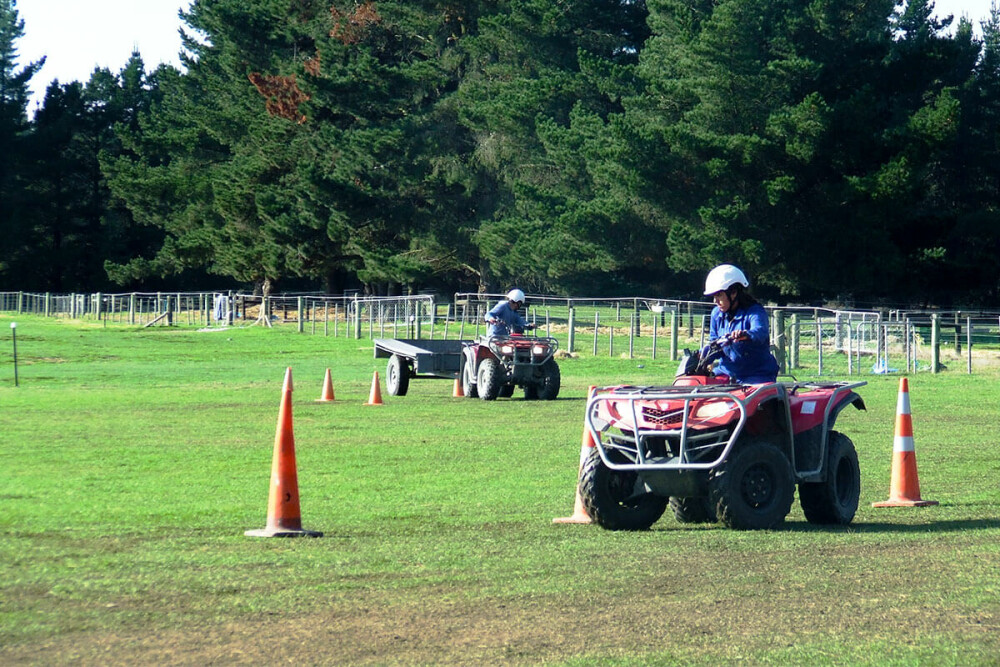Strategic Purpose Statement
The purpose of the New Zealand Certificate in Primary Industry Operational Skills (Level 3) with optional strands in Specialist Equipment, and Infrastructure is to provide primary industry workplaces with individuals who can safely and effectively carry out operational activities which involve vehicles, machinery and infrastructure.
Primary industry workplaces will benefit by having staff with the skills to safely and effectively complete operational activities relevant to vehicles, machinery and infrastructure.
Learners will benefit by having a qualification within a training pathway that recognises progression through the industry and enables improved job performance.
This qualification is for learners from a wide range of primary industry workplaces who want to develop a range of competencies that contribute to the safe and effective operation of a primary industry workplace.
